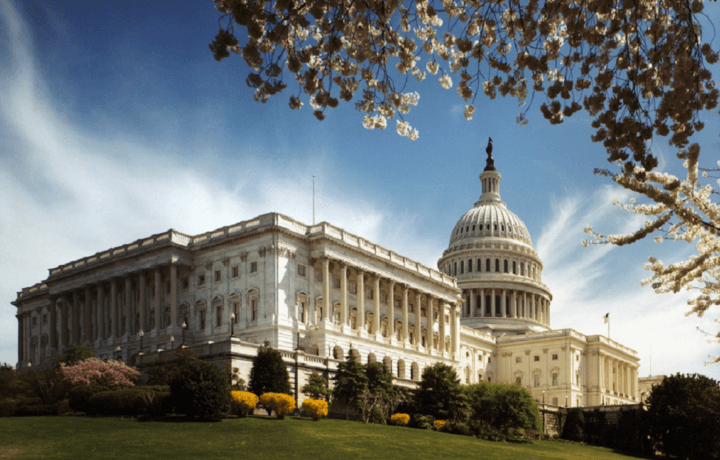Last week Rep. Matt Gaetz (R-FL) announced he would introduce legislation dubbed the ‘Spook Who Cried Wolf’ resolution to strip the security clearances from the 51 intelligence officials who signed a letter accusing stories about Hunter Biden’s laptop as being ‘Russian disinformation.’
It’s not the first time Congress has weighed in on who should or shouldn’t have a security clearance. The Security Clearance Improvement Act proposed by Rep. Stephanie Murphy (D-FL) outlined changes to the security clearance process to prevent QAnon members and those who participated in ‘Stop the Steal’ rallies from obtaining security clearances.
While Congress has a role to play in eligibility to access classified information, that role is primarily in oversight, not policy. The security clearance process is outlined by executive orders, and the policies around the adjudicative criteria and clearance eligibility generated out of the White House.
Who Can Revoke Security Clearances?
Because clearance eligibility is governed by executive order, Congress generally couldn’t revoke the clearance eligibility of an individual. And a nuance missed in media around Gaetz’s announcement is that what he proposes is a resolution, not an actual bill. That means it’s a sentiment of what the congressmember thinks should happen – not legislation to make it so (which would be incredibly unlikely to pass).
“With all that being said, the question remains as to whether a bill like this would even be legally viable given that security clearance determinations are the purview of the Executive,” said security clearance attorney Sean Bigley. “The answer, surprisingly, is ‘maybe.’ Department of the Navy v. Egan, the 1988 Supreme Court case that established security clearance determinations as an exclusive function of the Executive, included often overlooked language: “unless Congress has specifically provided otherwise…”. To-date, Congress has not seen fit to provide otherwise.”
Spooks and Security Clearances
As security policy stands today, Congress plays a critical oversight function – calling members of the Office of the Director of National Intelligence (ODNI) or Defense Counterintelligence and Security Agency (DCSA) in to outline progress on issues such as reciprocity or Trusted Workforce 2.0. When it comes to the nuance of who exactly should have or keep a specific security clearance, it’s generally kept to the process rather than being the purview of a person.
The security clearance adjudicative guidelines are written in order to make it clear what issues the government finds appropriate for those who access classified information. Obviously there are broad adjudicative criteria, like ‘Personal Conduct’ where individuals can lose their clearance eligibility based on lying, association with criminals, failure to cooperate with the investigation, and other issues. If a security clearance holder is found to have willfully mislead, lied, or attempted to obfuscate, there are already procedures in place within the existing clearance adjudicative guidelines to consider those issues.




